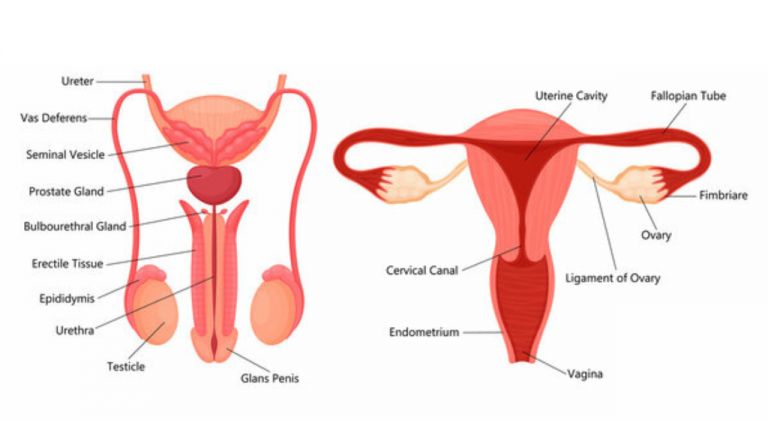Carbohydrates Essential or Non-essential Nutrients?

Carbohydrates are considered non-essential nutrients, which means that they are not essential for survival as the body can produce its own carbohydrates through a process called gluconeogenesis. However, carbohydrates are an important source of energy for the body and play crucial roles in various physiological functions.
Carbohydrates are one of the three macronutrients, along with protein and fat, and are an important source of energy for the body. They are broken down into glucose, which is used as a primary source of energy for cells, particularly the brain, and muscles. Carbohydrates also play a role in glycogen storage, which is a form of stored energy in the liver and muscles that can be used during times of increased energy demands, such as during exercise or periods of fasting.
In addition to their role as an energy source, carbohydrates also have other important functions in the body. For example, dietary fiber, which is a type of carbohydrate that cannot be digested by humans, plays a crucial role in digestive health, helps regulate blood sugar levels, and supports cardiovascular health. Carbohydrates also contribute to the structural integrity of cells, play a role in cell-to-cell communication, and are involved in immune function.
While carbohydrates are not considered essential nutrients because the body can produce its own carbohydrates and survive without dietary carbohydrates, they are an important part of a healthy and balanced diet. The recommended intake of carbohydrates varies depending on factors such as age, sex, activity level, and overall health status, and it’s important to consult with a healthcare professional or a registered dietitian to determine the appropriate amount of carbohydrates for your individual needs.



